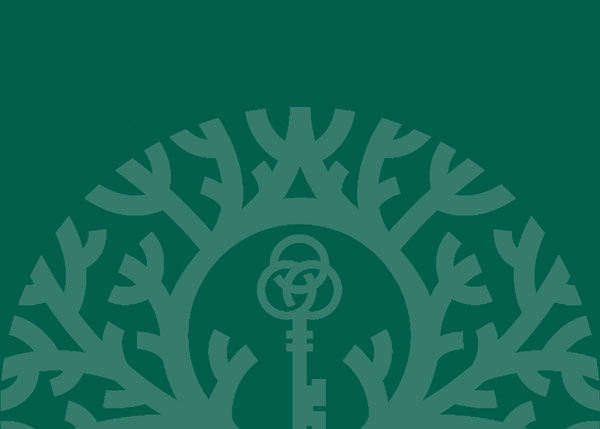Dear Antioch University Seattle Student:
As you know, the situation with the COVID-19 (“Coronavirus”) is getting more acute in the Seattle area. I’ve received a number of emails from students and members of our community concerned about our preparations, and most of their concerns are being addressed. I ask that you stay in communication with me and/or Erica Holmes ([email protected]) if you have questions or concerns, as this situation is changing by the day for those of us in the Pacific Northwest. I want to thank you for your attention to this and for your flexibility in the future as we try to do everything we can to keep you on track to make progress toward your degree while also managing a serious if temporary disruption in our day-to-day lives.
I have a few items to share with you:
- Scott Titus is coordinating our response on campus by making sure that our soap bottles are full and operational, our areas our sanitized frequently, and so forth. In addition, the building management has doubled its efforts to clean common areas (elevators, lobby). Our campus should remain a safe place to gather in small groups as long as everyone continues to take precautions, avoiding contact as much as possible.
- New recommendations from King County are consistent with our response, and we are monitoring all state and county communications to ensure we are doing what we should to slow the spread of infection. You may have heard of businesses closing or implementing remote work policies. Given the nature of our campus and important differences between what we do and a campus like Amazon’s, we will continue to hold classes on campus. However, we ask that everyone exercise an abundance of caution: wash hands, maintain distance, avoid touching surfaces, etc. And of course, do not come to class or visit campus if you are sick or symptomatic. Seek medical attention if your symptoms worsen. Follow public health protocols at all times to stay healthy.
- Faculty may decide to shift course instruction online for some or all students in a class, using some combination of Sakai, Zoom, e-mail, and other modalities to connect. Faculty have been asked to prepare to do this in any event, but at this point, it is a decision that each faculty member will make independently. I am asking that we all remain flexible and adaptive, working together to find a solution that works well and keeps us on track to finishing the quarter successfully. The University will be holding sessions to help with Zoom and Sakai, and some sessions may be open to students. Look for those announcements.
- Students who fear exposure but are not symptomatic should work collaboratively with faculty to assess risks and pursue options. In most cases, you should be able to engage in classes and appear in public. But that’s not always the case. Sometimes students work with vulnerable people or have small children and are concerned about the safety of others. The perspective I would like us to share is one of empowerment and support: we can work together to meet course requirements while also staying safe. How can this best happen?
- All members of our community need to stay away from campus if they are sick or symptomatic. Students are encouraged to communicate with faculty about course attendance/alternate requirements should they fall ill.
- If for any reason it becomes necessary to close campus (in order to do extra sanitizing in case of exposure) you will be notified via email and the Emergency Notification System. It is highly unlikely that we will close our doors, and if we do, it will be a temporary closure, but you might encounter fewer people in the halls.
- Students who might have been exposed but who are not symptomatic (namely, all of us), or who are concerned for health reasons, should take extra precautions all of the time. Use your judgment, communicate, stay in touch with faculty and other students. Take care of yourselves, and we will make accommodations as necessary to allow you to continue with minimal disruption. For many of us, exposure will mean some degree of illness and inconvenience. For some of us, it will have serious consequences. We have to work together to make sure that all of us get through this as cleanly as possible.
Finally, the University is taking steps to support the campuses as we respond to local situations. I trust you have seen communication from our Chancellor, Bill Groves, who is monitoring our responses very closely. Also, we have assembled a web page for our community to keep tabs on developments and steps we are taking to address them. Among those steps is the creation of a University “Crisis Management Team” (Chet Haskell, Melissa Kirk, Laurien Alexandre, Mary Granger) that will work closely with the provosts and local faculty and staff to address local as well as university-wide matters.
Finally, a student reminded me yesterday that some members of the community are facing stigmatization based on assumptions about the virus. Please help others remain aware of this and let’s do what we can to help minimize stigmatizing behaviors. I am forwarding a flyer that she sent to me.
If we all work together to support our goal and our mission, we will move forward as we should: safely and responsibly. Keep lines of communication open and do everything you can to sustain a safe environment on campus.
I’ll keep in touch as necessary, and will schedule a “community meeting” sometime during the week of March 16. Yes, that meeting will most likely be via Zoom.
Ben
—
Provost
Antioch University Seattle

